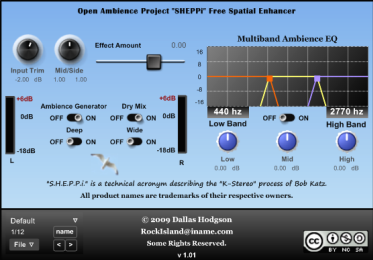
After a couple of weeks' absence, spent dodging Matatus in the amazing town of Mombasa, Free Music Friday is back.
In honour of the majestic continent of Africa, here's an amazing free album from the modestly named "The Very Best".
 The band, made up of Esau Mwamwaya and producer Radioclit, met in London, but have produced an album that sounds wonderfully exotic and true to their African roots.
The band, made up of Esau Mwamwaya and producer Radioclit, met in London, but have produced an album that sounds wonderfully exotic and true to their African roots.Infectious rhythms and joyous vocals collide with electrifying effect on track after track. If you like this, and I suspect you will, keep an eye out for their new album "Warm Heart of Africa". Tribal pop which brings a bit of sunshine into the most gloomy of winter days.
Download their demo album here. Visit their Myspace for news about their activities, including an exciting remix project here.
And just in case you are hungry for more freeness, we're taking this opportunity to highlight the Eigentum Ist Diebstahl (Property Is Theft) label from Germany.

Their netlabel is now up to it's 19th release. The Eigentum crew have a very open music policy and (contrary to the national stereotype) a very quirky sense of humour, so expect everything from beard-stroking ambient noise to electro-pop covers of "These Boots Were Made For Walking".
With 19 releases, there's a lot to choose from, but I'd recommend Shenpen Senge's EPs as a very accessible starting point. That said, if you're into facial hair, the label's founder D-Tex is pretty hard to beat, as you can see in the picture below. Either way, pay them a visit and grab some of the rather splendid music they give away for free.

More free noises next week.




